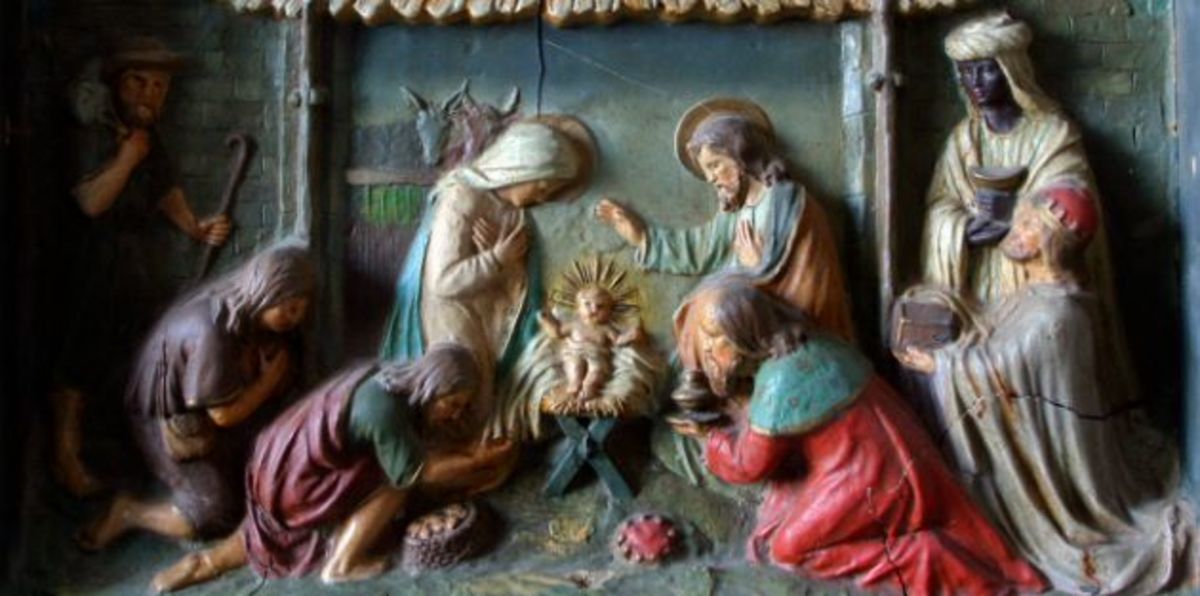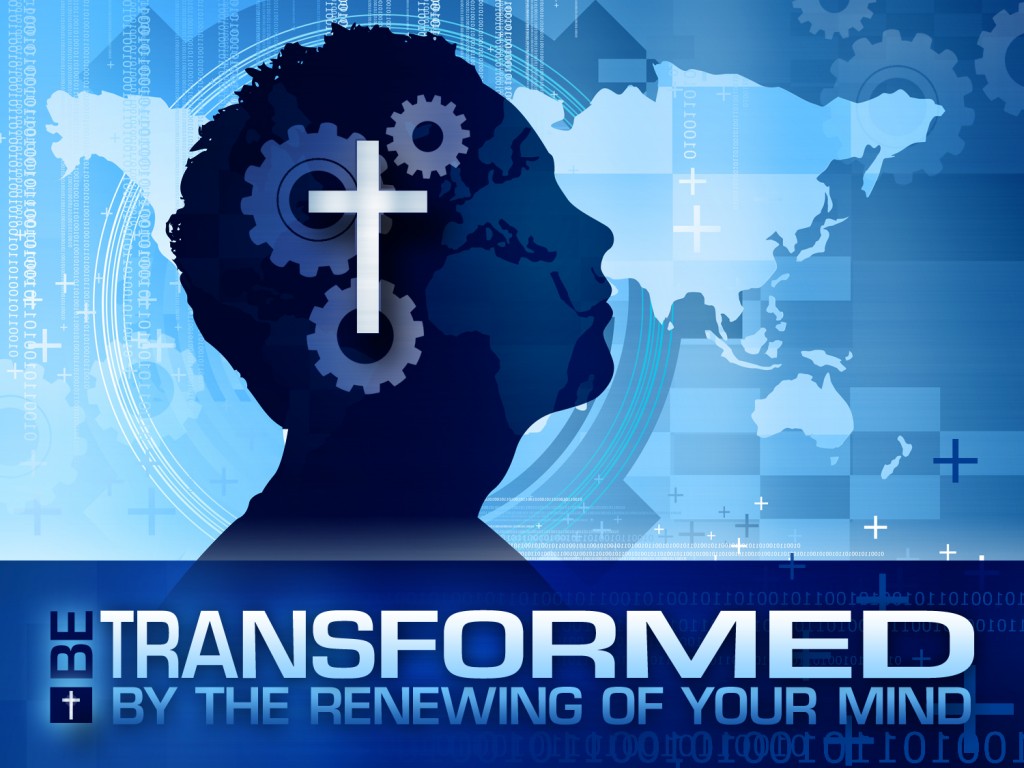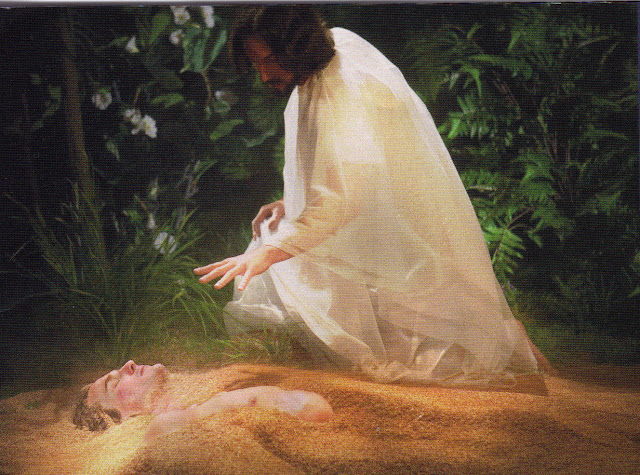
As we stand on the
threshold of another year one thing is for sure—we cannot be sure what another
year will bring. For example, while doing some research I wondered about the
things people faced 100-years ago as they looked forward to a new year in 1919.
Here’s what I found:
In 1919 the world was
ready for peace and quiet. The “War to End All Wars” (WWI) finally ended on
Nov. 11, 1918, after 16 million people lost their lives in conflict. The world was
also recovering from a devastating influenza pandemic that affected about 500
million people, or one-third of the global population at the time.
On January 15, a large storage
container burst at the Purity Distilling Company in Boston, sending a tidal
wave of molten molasses through the streets at 35 miles per hour, killing 21
people and injuring 150. On January 16, the eighteenth amendment to the U.S. Constitution
was ratified, prohibiting the sale of alcohol. Thus, the days of prohibition
had begun.
In June another amendment
passed, giving women the right to vote. Also that month, the Grand Canyon
became a national park and the first trans-Atlantic air travel occurred when Jon Alcock and Arthur Brown flew from Newfoundland to Ireland. In September, the
Florida Keys hurricane slammed the islands and killed more than 600. The next
month president Woodrow Wilson suffered a stroke, but the First Lady hid the
news and began running the country herself. And in the sports world, the Chicago White Sox
threw the World Series in one of the greatest scandals in baseball history.
Amid all the trials and
triumphs of 1919, a lot of notable people passed away and important babies were
born. Among the obituaries were Theodore Roosevelt, who died in his sleep at
age 60 on Jan. 6, 1919, and wealthy industrialist Andrew Carnegie, who passed
at 83 leaving behind his vast empire. That year some world-changers were born
too including—Nat King Cole, Jackie Robinson and Edmund Hillary.
As I studied those
headlines from a century ago, I was reminded of the old saying, “All new news
is old news happening to new people.” Aren’t our times filled with some of the
same stuff? Disasters, war and peace, sickness and death, scandal and technological
innovation.
Like those folks in 1919,
we don’t know what 2019 holds, but we do know the One who holds time in His
hands. Psalm 33:11 says, “The counsel of the Lord stands forever, the plans of
His heart are to all generations.” Even though the calendar changes our Lord
changes not (Mal. 3:6) and “Jesus is the same yesterday, today and forever”
(Heb. 13:8).
We ought to take comfort in
the unchanging nature of God (called by theologians “God’s immutability”). When you have some time, look up these
verses and note the following truths—God’s promises are unchanging (Num.
23:19), God’s purposes are unchanging (Pro. 19:21), God’s provisions are
unchanging (James 1:17) and God’s prophecies are unchanging (Acts 1:11).
In a world full of change,
where it seems like the ground beneath our feet is quicksand, I’m glad I can anchor
my faith in a God of consistency. God cannot change for the better, because He’s
already perfect; and being perfect, He cannot change for the worse.
Maybe, A.W. Tozer said it
best, “What peace it brings to the Christian’s heart to realize that our
Heavenly Father never differs from Himself . . . Today at this moment, He feels
toward His creatures, toward babies, toward the sick, the fallen, the sinful, exactly
as He did when He sent His only-begotten Son into the world to die for mankind.
His attitude toward sin is now the same as it was when He drove Adam and Eve
from the Garden and His attitude towards the sinner the same as when He stretched
forth His hands on the Cross and cried, “Father forgive them for they know not
what they do.”[1] -DM
















